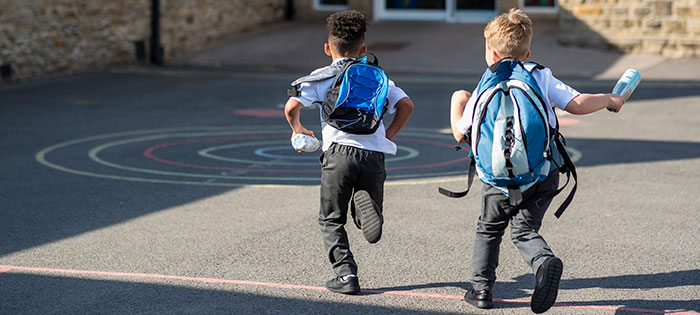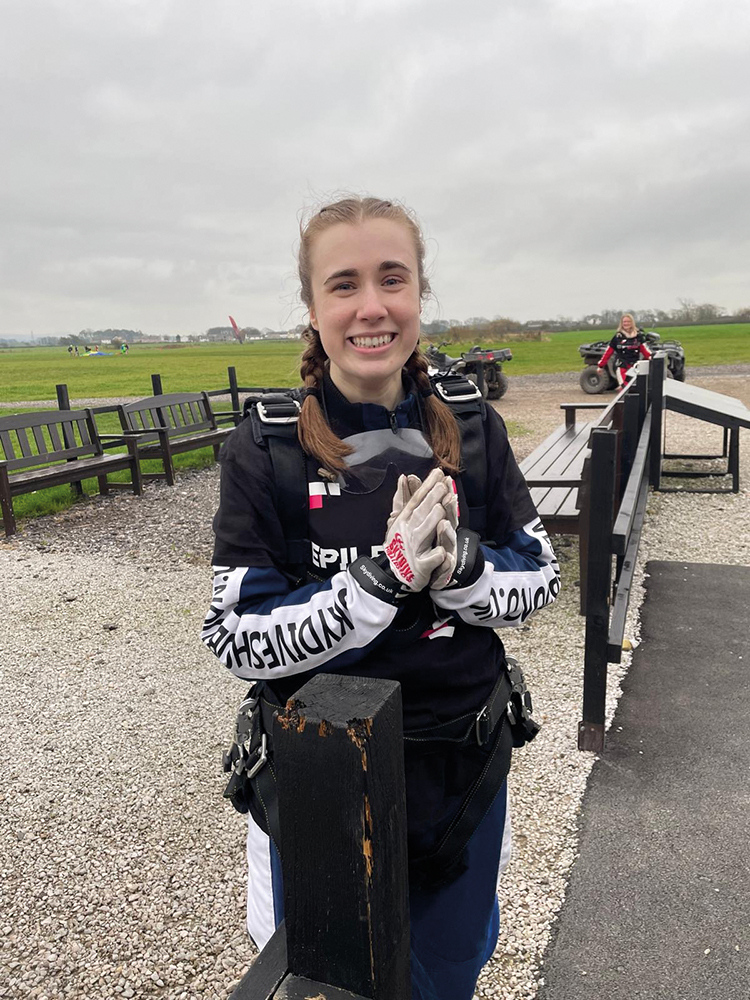As the first week of September arrives, many children are getting ready to go back to school, or even start school for the first time. Here we’ve collated the information parents might need to support children with epilepsy.
The first step to making sure your child is safe and supported at school is to talk to the school about their epilepsy. Make sure the school is able to easily contact you if there is an emergency. If yourchild gets a warning before a seizure, make sure they know who best to tell.
Then, discuss with your child how they’re feeling about school. Are they changing schools? Are they moving from primary to secondary? It can be an anxious time for any child, but especially if they have extra needs such as epilepsy. Following these steps can help reassure you both.

Care plans
Individual healthcare plans have different names depending on where you live. Whichever name your child’s school uses, it’s a written plan with information about your child’s epilepsy and the support they need at school. You can find out more here: School support
Training for teachers
Share our resources for teachers with your child’s school. Epilepsy Action offers one-hour awareness sessions Epilepsy training – Epilepsy Action and e-learning for schools Epilepsy training – Epilepsy Action. You might want to suggest this if a child is going to a new school or the school hasn’t had training recently.
Medicine
Will your child need to take medicine while at school? If your child needs to take their medicine during school hours (perhaps because they need to take it three times a day) the school should support them to do this. If that medicine needs to be stored in special conditions, such as kept cold or away from sunlight, make sure the school knows this.
Exams
If you think your child needs extra support with their exams, talk to the person in charge of special educational needs at their school . It’s important to do this as soon as possible, as it might take a while to set up.
Travel
Think about your child’s journey to and from school and whether they need any extra support to stay safe. Some children might qualify for home-to-school transport. You can also use our safety check questions to highlight any risks and work out what you can do to reduce these.
Trips
A child with epilepsy should not be excluded from events or trips. The school should not prevent them from taking part in any activities unless their doctor says it would be unsafe for them and there is no way of making it safe. When a school is planning a trip, the organisers should do a risk assessment for your child. Find out more here: Education and epilepsy
Epilepsy Action also has resources for especially for children. You can find out more at: Just for kids – Epilepsy Action
If you need more assistance, contact the helpline here.
More articles



